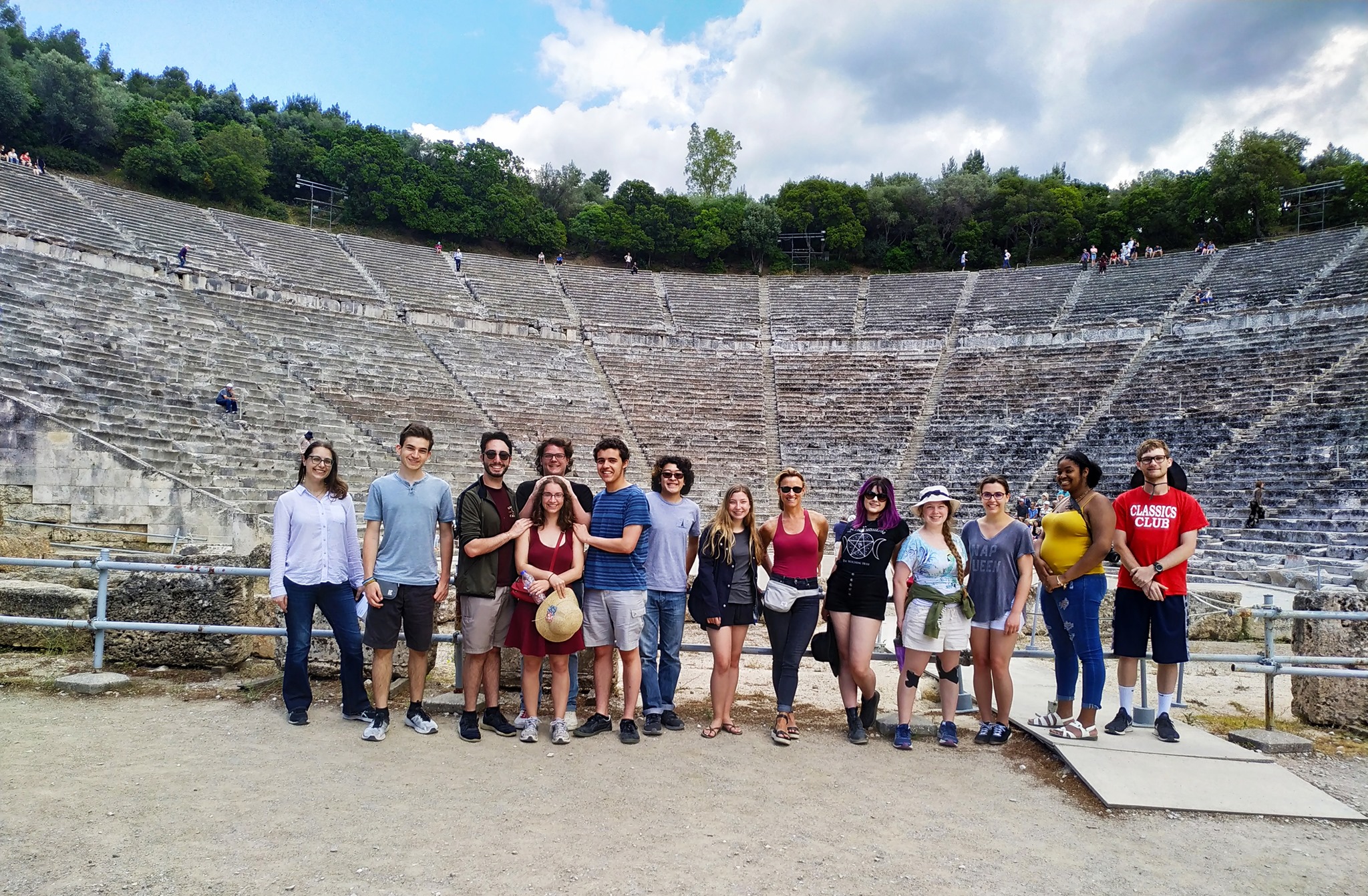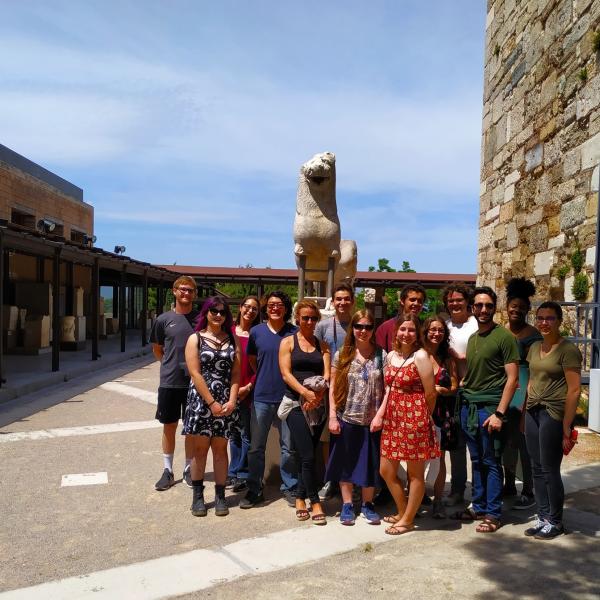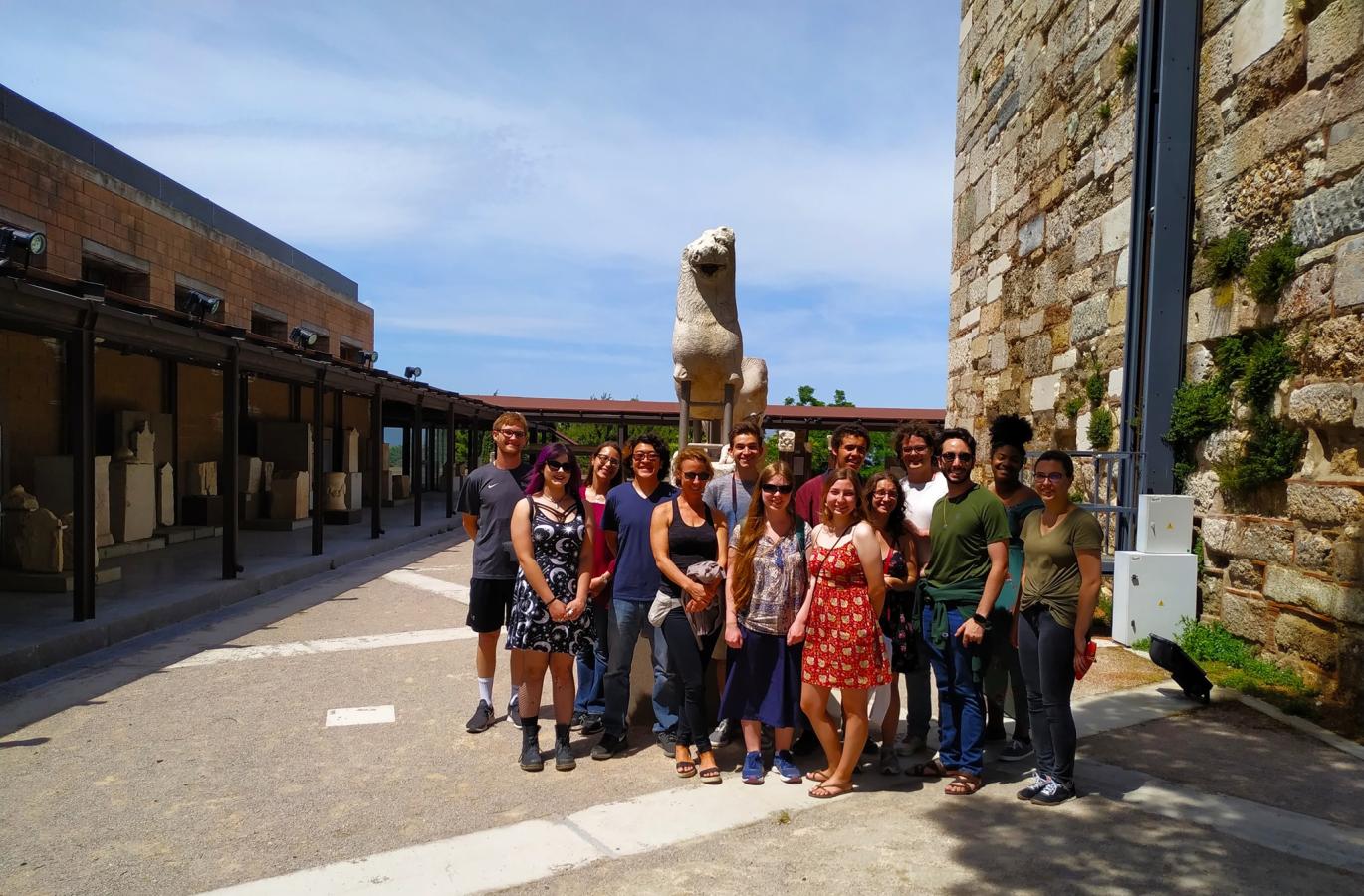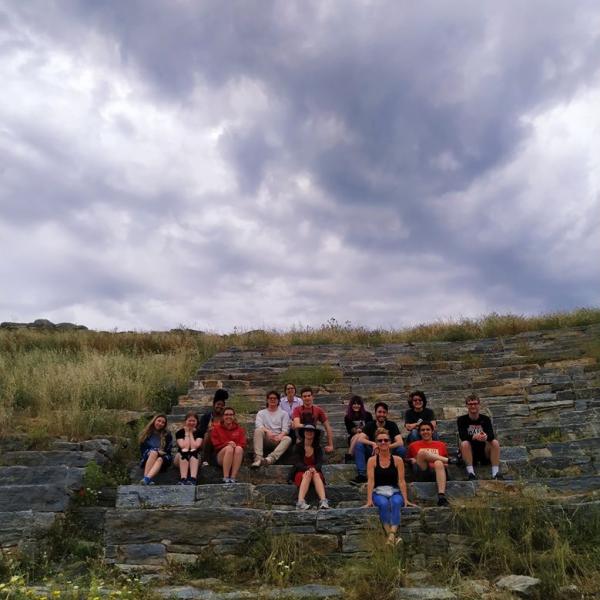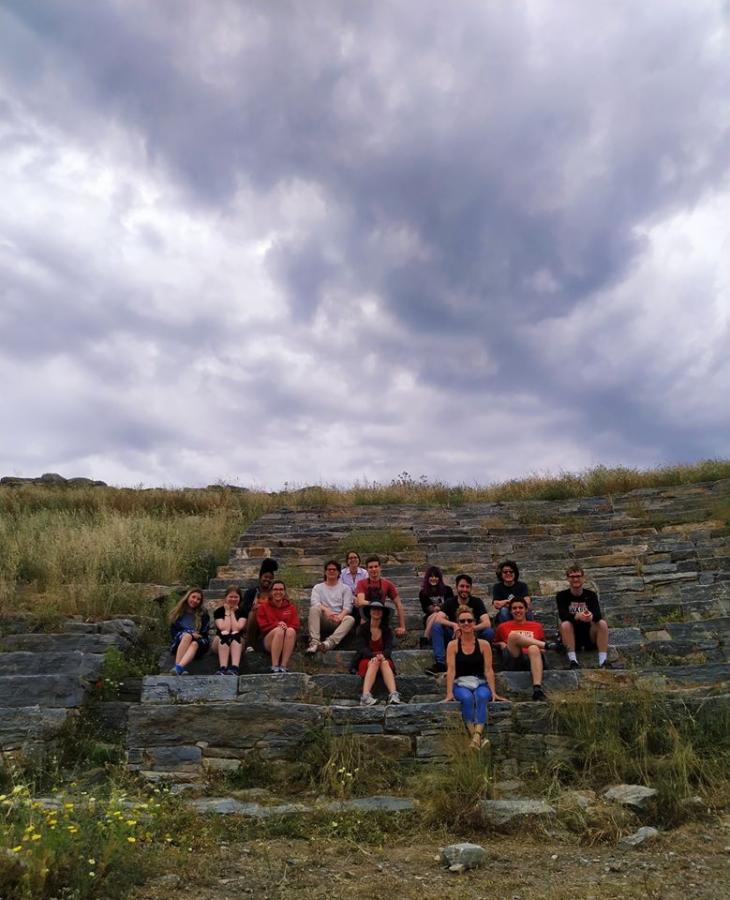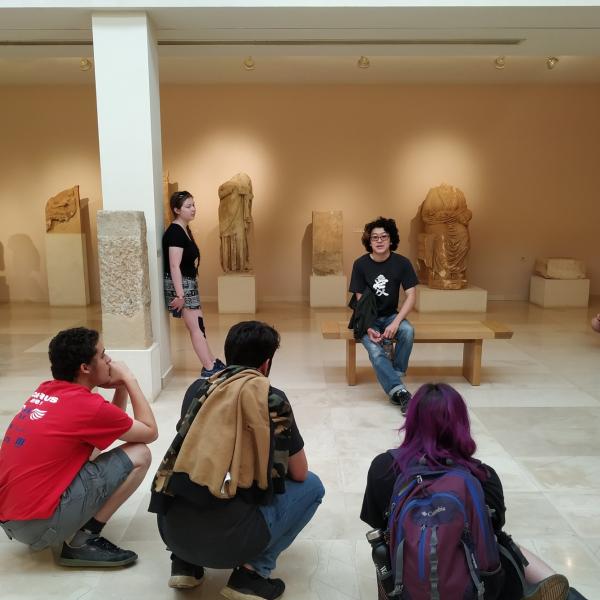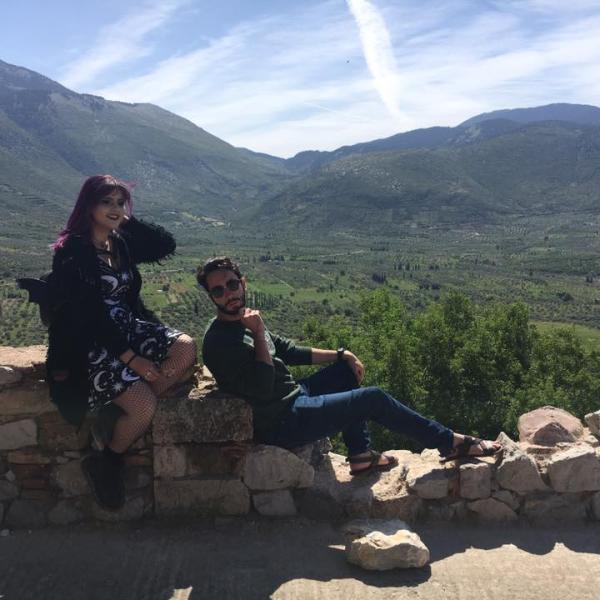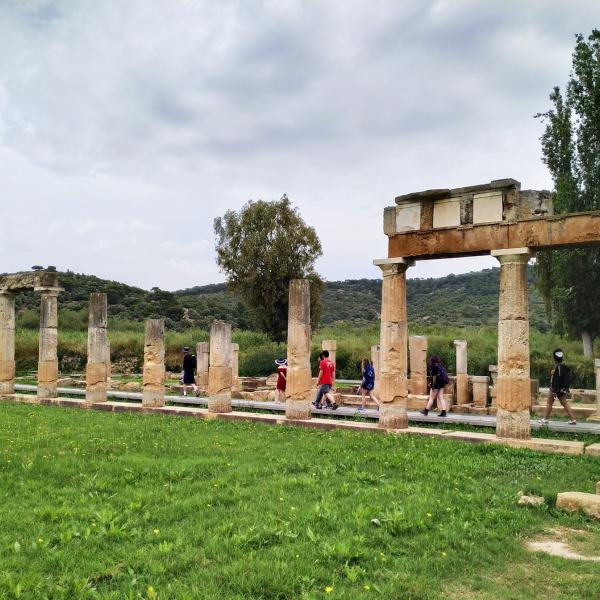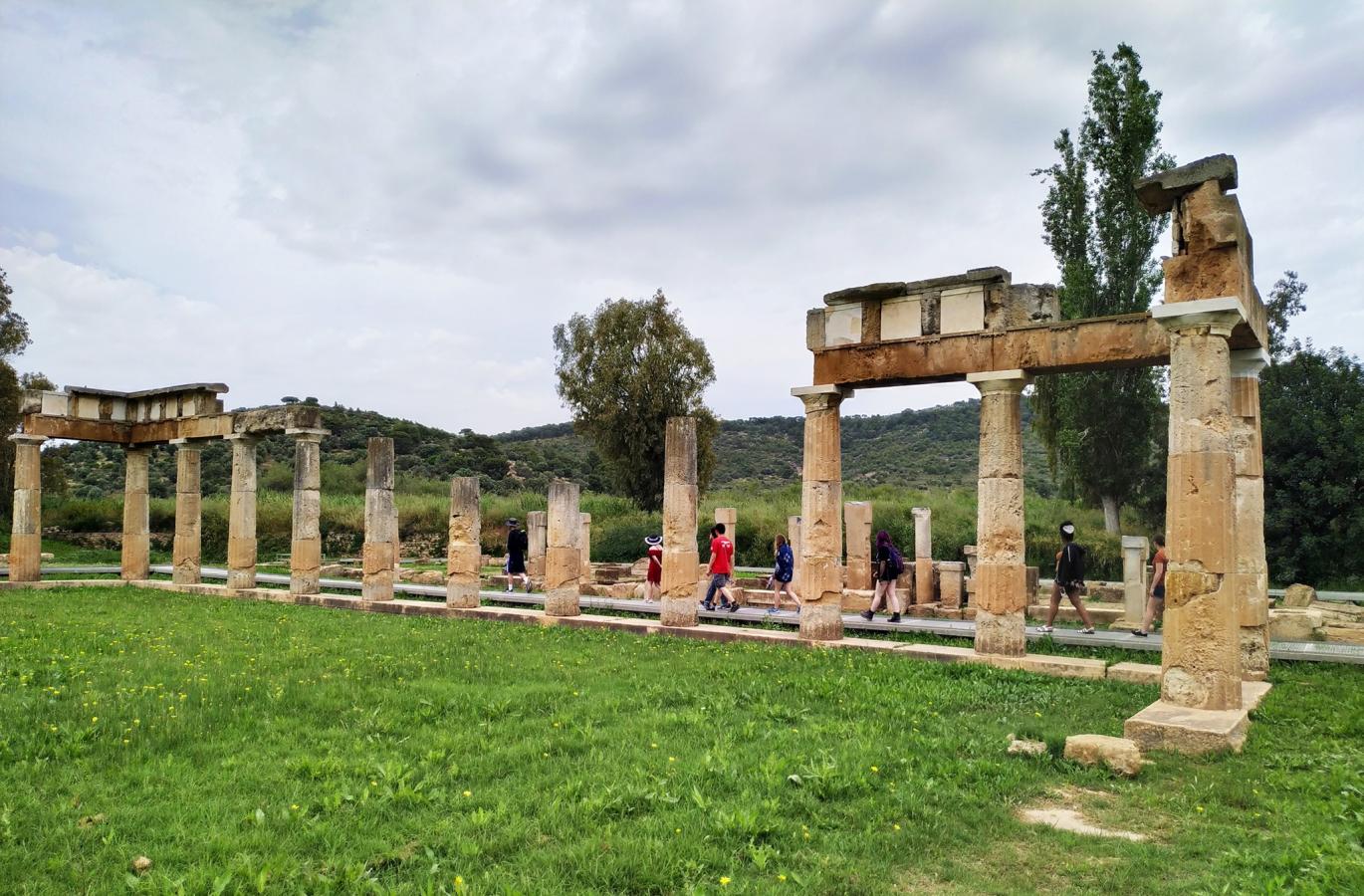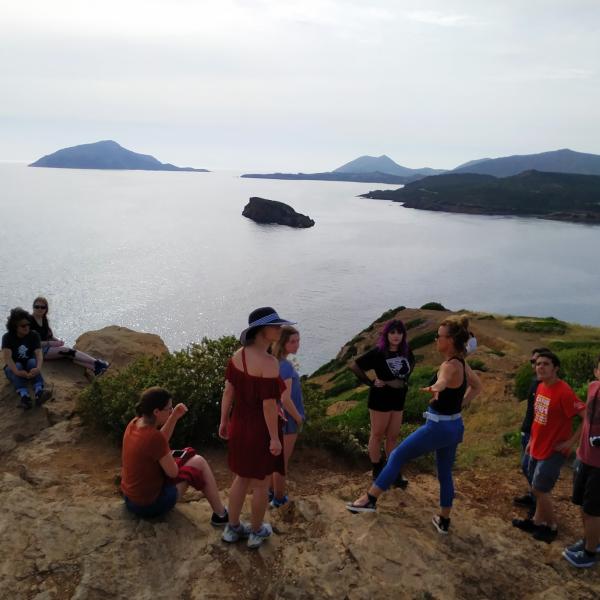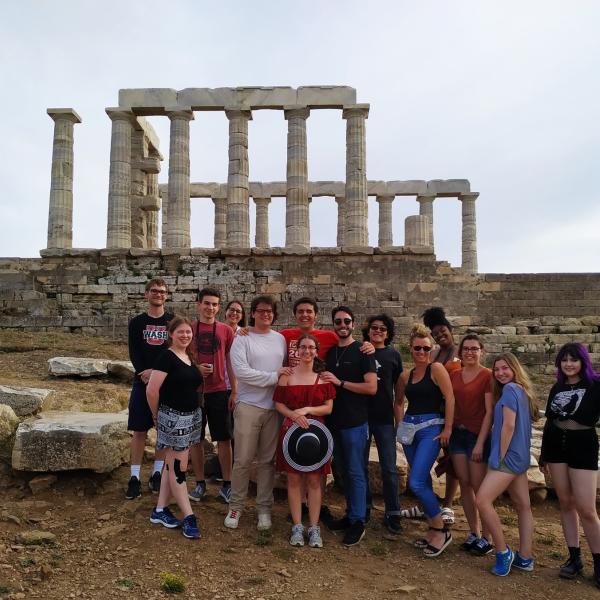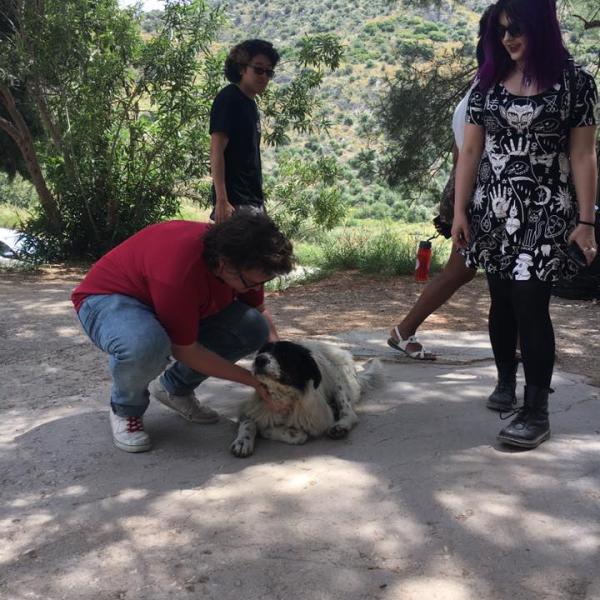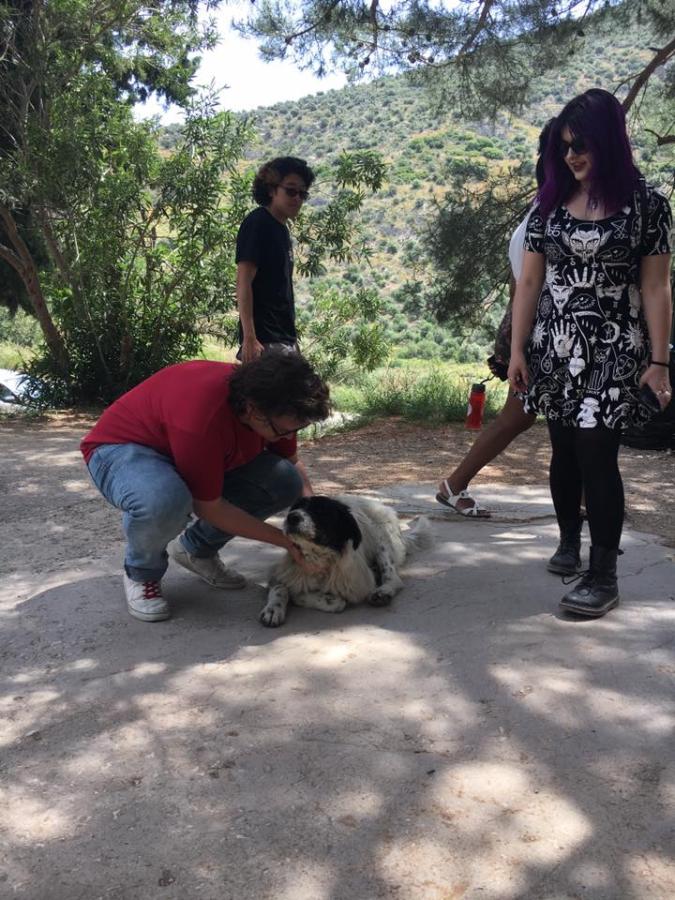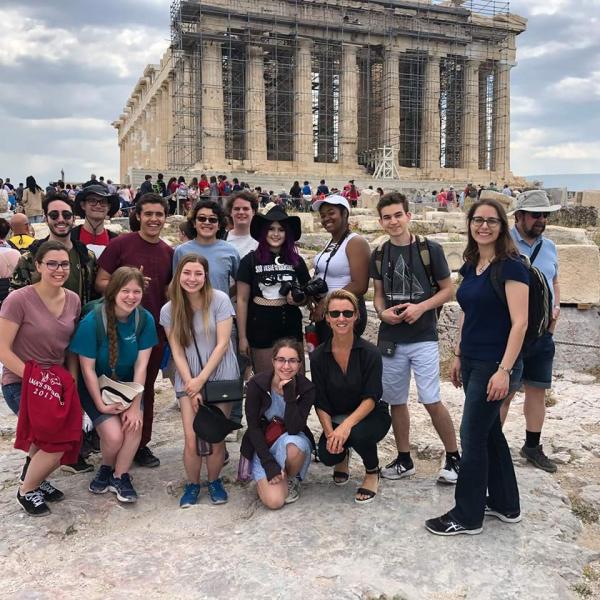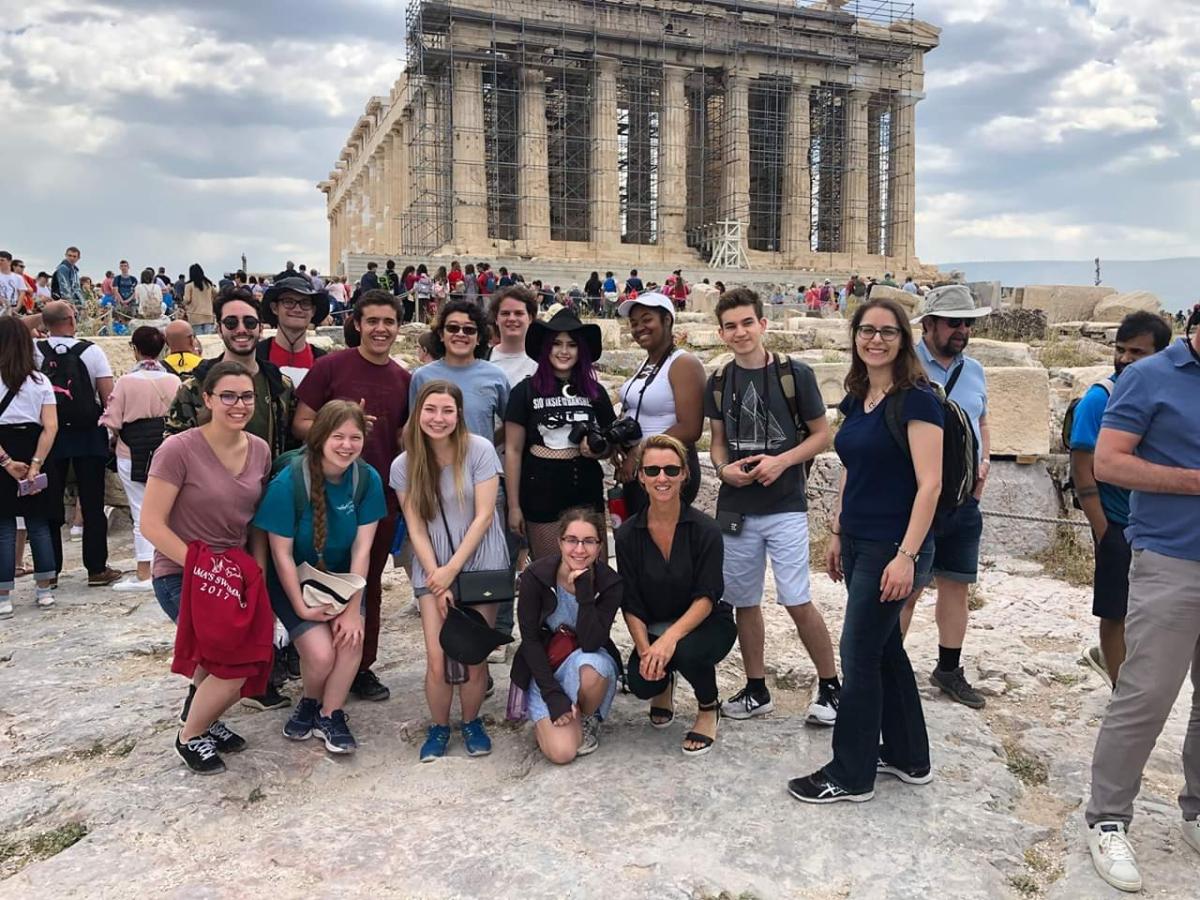Fall Semester
In the Fall semester, in Greek Mythology (CLA 301C), we will read some of the most influential works of Greek literature, from Homer to Sophocles. We will consider how these stories reflect the religion, culture, and world of ancient Greece. We will think about the value as well as the malleability of the past in modern reception, and, ultimately, we will inquire what ancient Greece represents and contributes to our own discourses and cultures today.
Spring Semester
In the Spring, we will delve into Classical Athens (CLA 223), focusing on the historical and cultural context in which democracy emerged and thrived. By looking at both the archaeological evidence and literary sources, we will learn how Athenian democracy functioned and the advantages and the limitations of its institutions. We will debate some of the most pressing issues both then and now: what expectations we have of citizens, how we should integrate immigrants into society, and how (or whether!) we should forgive our enemies. We will also explore how democratic institutions shaped other aspects of Athenian culture, such as tragedy, sculptural art, and religious practice.
Travel
*This Ampersand Program typically has an international travel component, which could be affected by federal and local guidelines related to health, safety, and security considerations. This program's main academic component will not be affected.
The courses during the school year will prepare us for the highlight of this program: a two-week trip to Greece! While in Greece, we will spend one week in Athens and one week traveling to archaeological sites throughout Central Greece and the Peloponnese.

